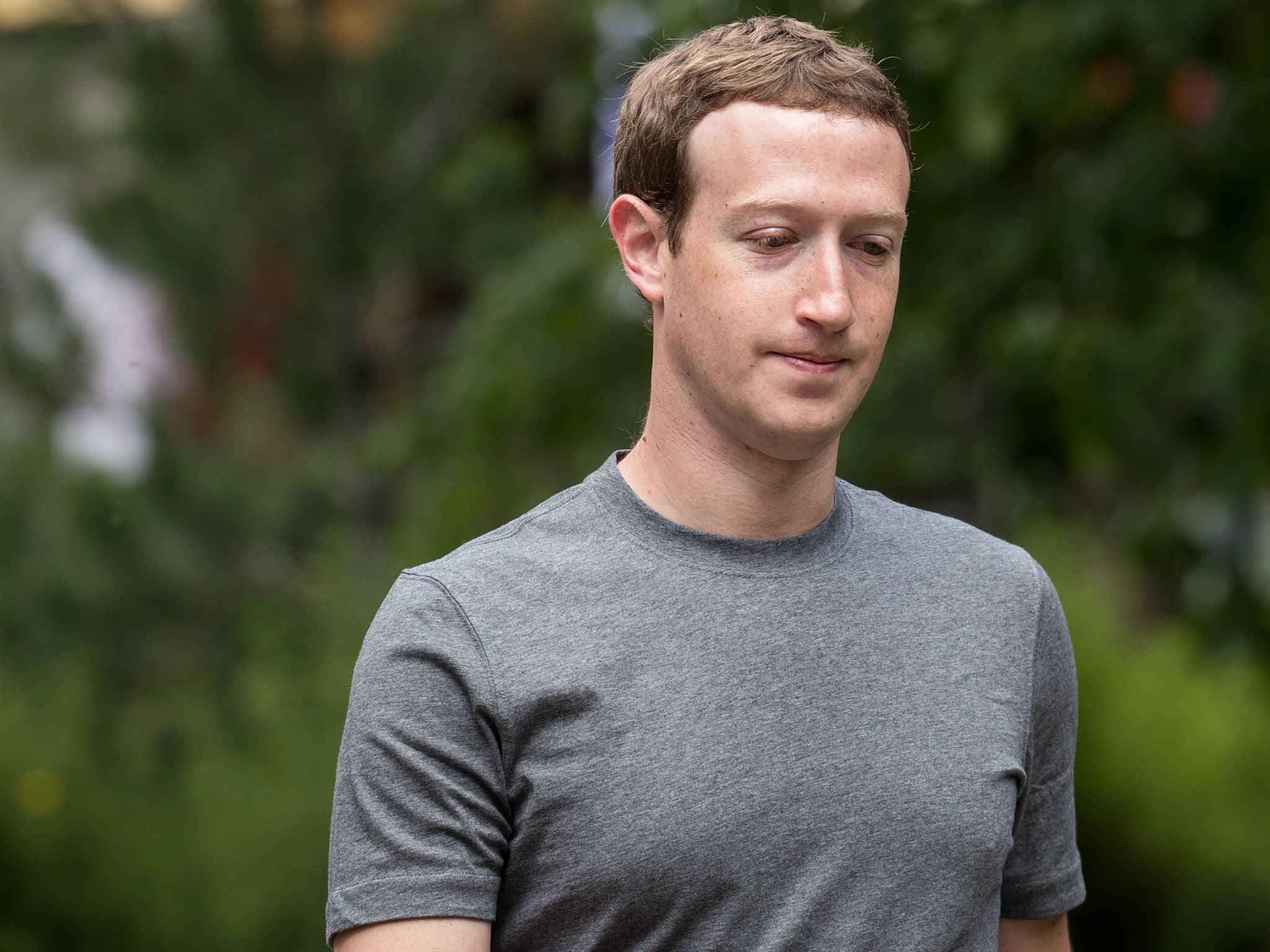We need a nationalised alternative to Facebook – and the BBC could provide the answer
Though we think of the BBC primarily as a programme maker and broadcaster, and it also tends to think of itself in those terms, it is also a public communications technology company that has throughout its life developed technology in the public interest

This week there have been a series of reports, claims and counterclaims about the strategic communications company Cambridge Analytica. As is often the case with such scandals, there are, at the heart of the story, some fairly narrow questions as to whether formal rules have been breached – which in this case centre on the provision of Facebook data to a third party – but also a broader set of political and ethical questions. Yet it has not always been clear in the reporting and commentary exactly what these wider problems and issues are, let alone how they might be resolved.
The gist of the story is that a rather mercenary and seemingly unethical group of political consultants made use of now fairly standard “big data” techniques to develop targeted political messaging. Many of the practices complained of, though, are not especially new, nor are they unique to the coterie of shady political advisors and financiers that have surrounded Donald Trump. Indeed, the Obama campaign made use of Facebook data in much the same way. This begs the question: would this be big news if there weren’t an alleged breach?
The Cambridge Analytica story blends concerns about the power of Facebook and the other tech giants, with an anxiety about the collapse of a longstanding political consensus that has been discussed largely in terms of irrational voter behaviour and manipulative political messaging. We’ve seen a similar cluster of issues converge in the ongoing low level panics about “fake news”, and in both cases there seems to be a failure to come to terms with problems in media and politics that were obvious long before the disruptive political victories of Trump and the “No” campaign.
Politicians have long made use of practical and academic expertise in communications to hone messaging, target key voters, and drive through unpopular policies, and such messaging is often negative and/or manipulative. The Thatcherites famously retained the advertising firm Saatchi & Saatchi to target upwardly mobile voters and smear the Conservative’s political opponents, whilst New Labour was notorious for its centralised communications operations, its “spin” and its targeting of swing voters in key marginals. In all these areas we have seen techniques originally developed by social scientists and professionals in marketing, advertising and the media, applied in political campaigning and strategy.
What has changed in recent years is the level of sophistication of these techniques, thanks to rapid technological advances. This has meant the marketing and advertising industry, which at one stage relied heavily on survey data and focus groups, can now draw on unprecedented volumes of highly personal data. Naturally these techniques have moved into politics, and in this particular case they were used to support a noxious political candidate, who then stole the White House from its heir apparent.
The antics of Cambridge Analytica aside, the story highlights some serious problems with both politics and big tech companies. We have a political system that is highly centralised and often uses manipulate communication techniques; but they now do so by utilising a massive private infrastructure of surveillance, which can be readily utilised not just by politicians and the state, but by corporate interests too.
The hope that the corporate giants could be effectively regulated to protect user privacy and data security fundamentally misunderstands the nature of these companies. Their entire business model is based on monitoring our online behaviour and monetising that data. They cannot therefore be reformed without undermining their commercial viability.
One obvious option is nationalisation. This isn’t nearly as much of a political taboo as it was even a few years ago, but still seems very unlikely in the US, and it is hard to see how it would work internationally. More regulation of Facebook and other companies, though, seems inevitable, even if it will likely be rather ineffective.
At the same time there is an urgent need for the development of non-commercial alternatives which are able to offer users the great benefits of these new technologies, without the serious downsides that are becoming ever more apparent. In some contexts, this might mean the development of platform cooperatives under the control of their users which are able to offer data security and algorithmic transparency. In the UK though we have a very obvious alternative public provider in the BBC.
The national broadcaster was developed to act in the public interest, free from private interests or political control. Of course, the reality of has fallen rather short of that, but it is a vision that is salvageable and seems highly relevant today.
Though we think of the BBC primarily as a programme maker and broadcaster, and it also tends to think of itself in those terms, it is also a public communications technology company that has throughout its life developed technology in the public interest. With television a dying medium, the BBC has so far made only tentative steps into the digital space. But in technical terms it would be relatively straightforward for the Corporation to become a public platform and network that could offer its users total algorithmic transparency, data security and the opportunity participate equally in culture and public life free from political or commercial exploitation.
Tom Mills is the author of The BBC: The Myth of a Public Service.

Join our commenting forum
Join thought-provoking conversations, follow other Independent readers and see their replies